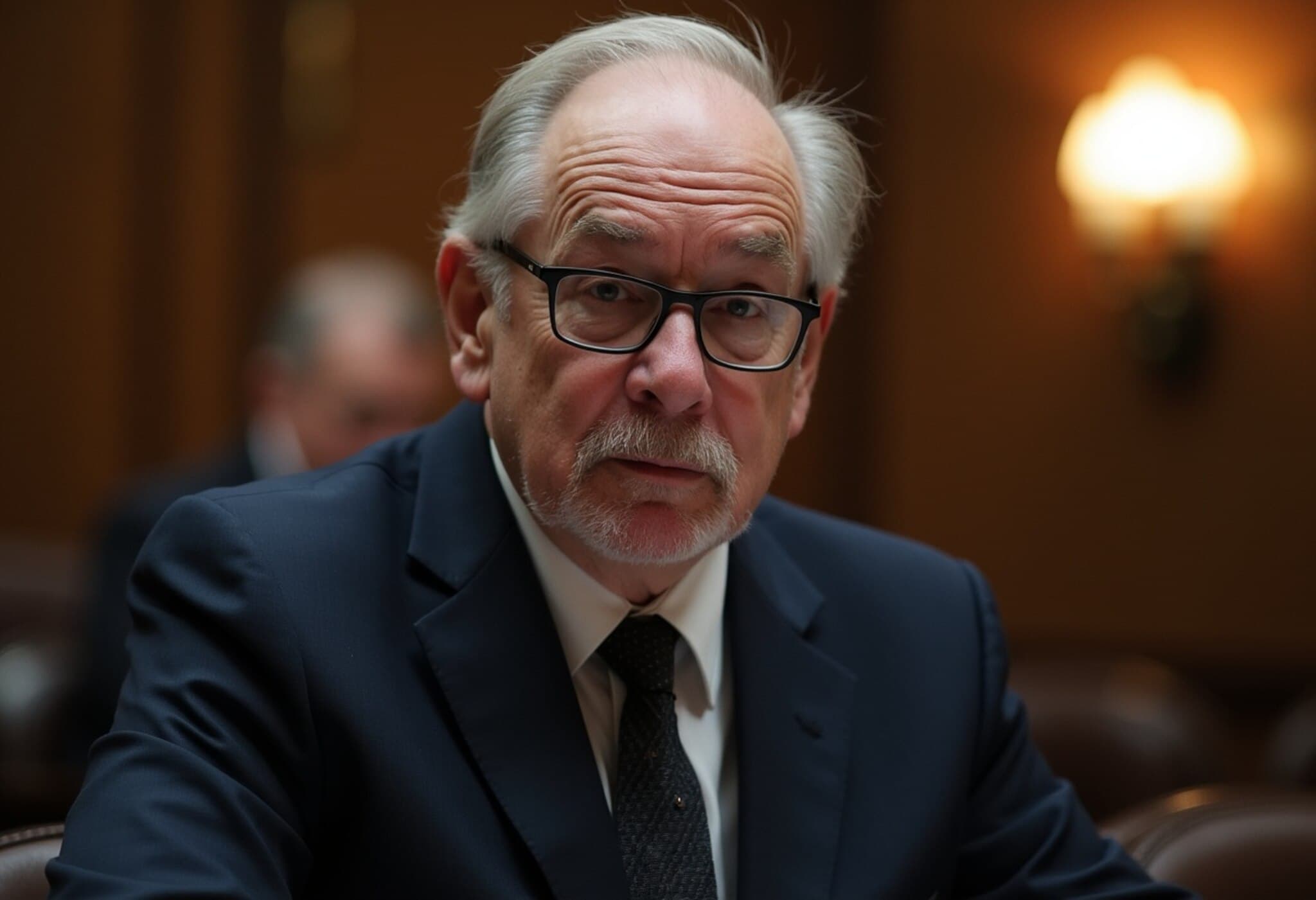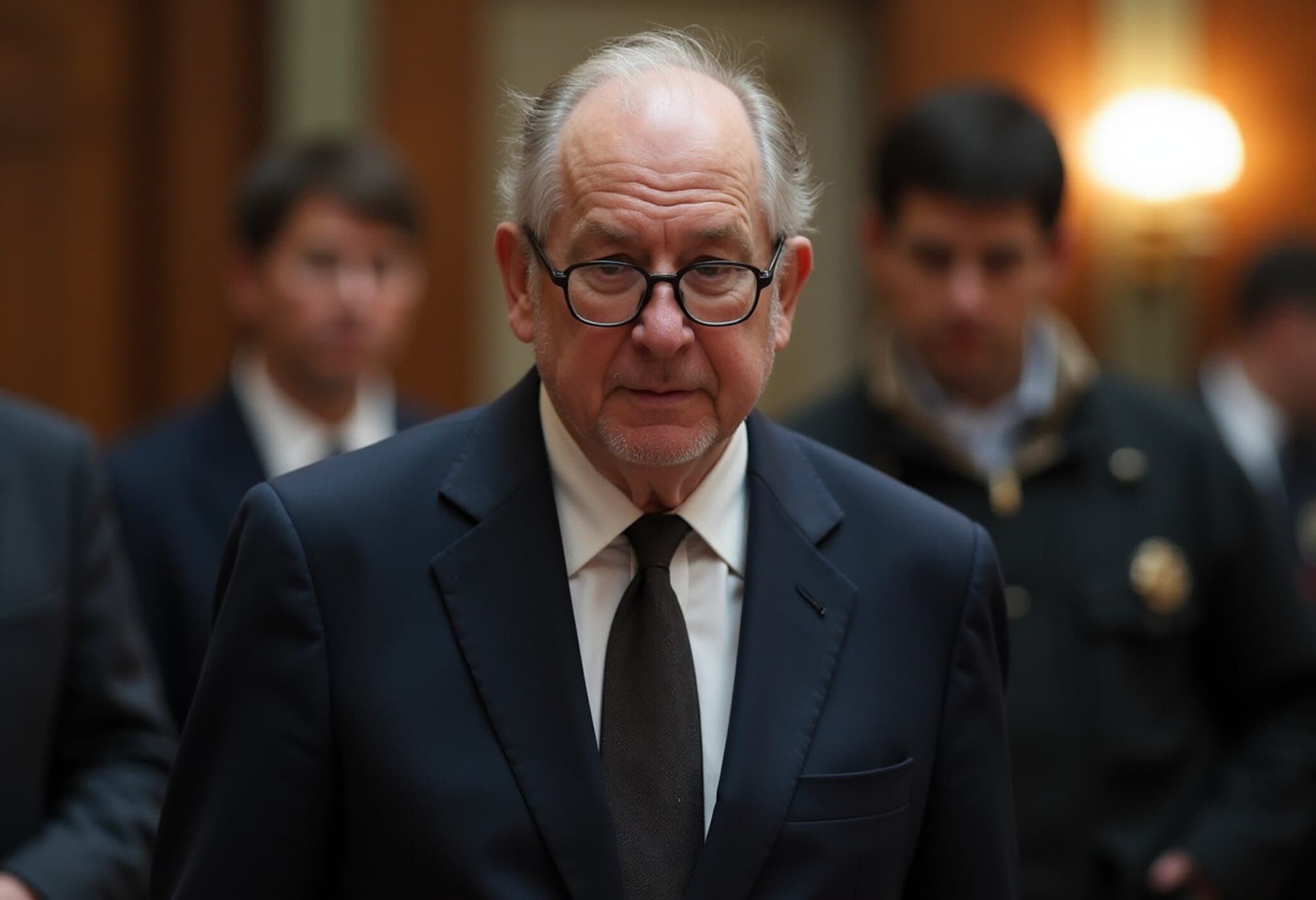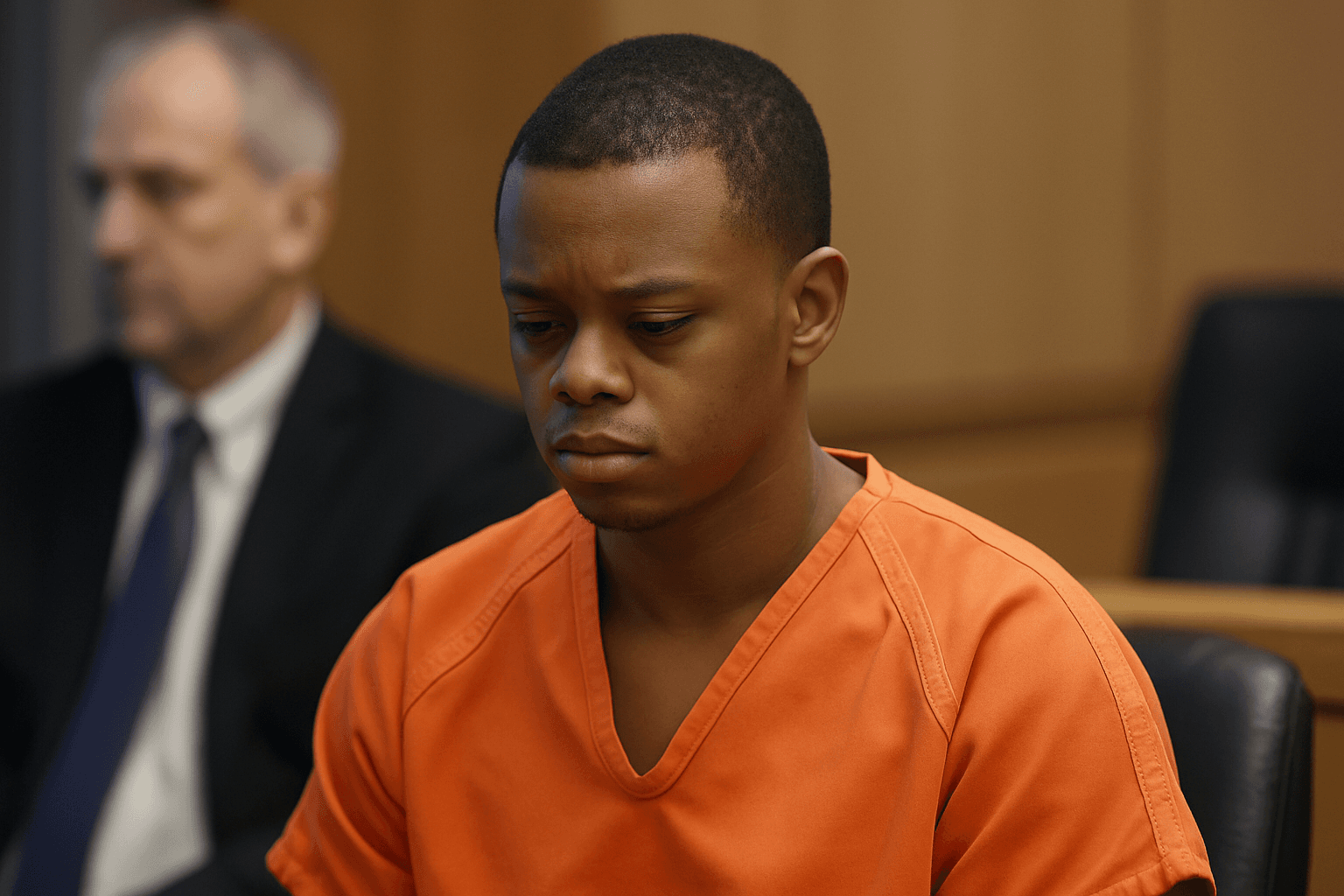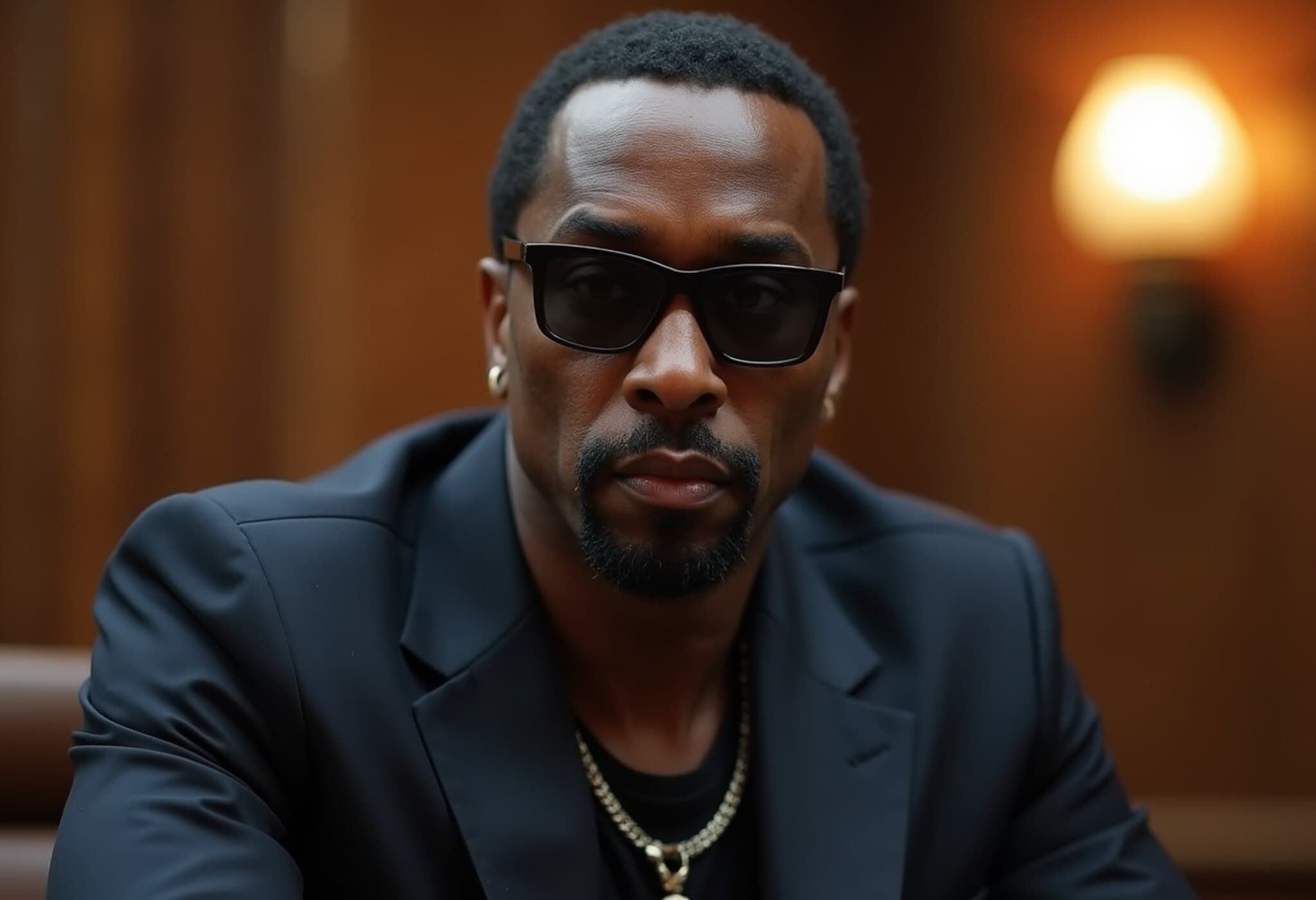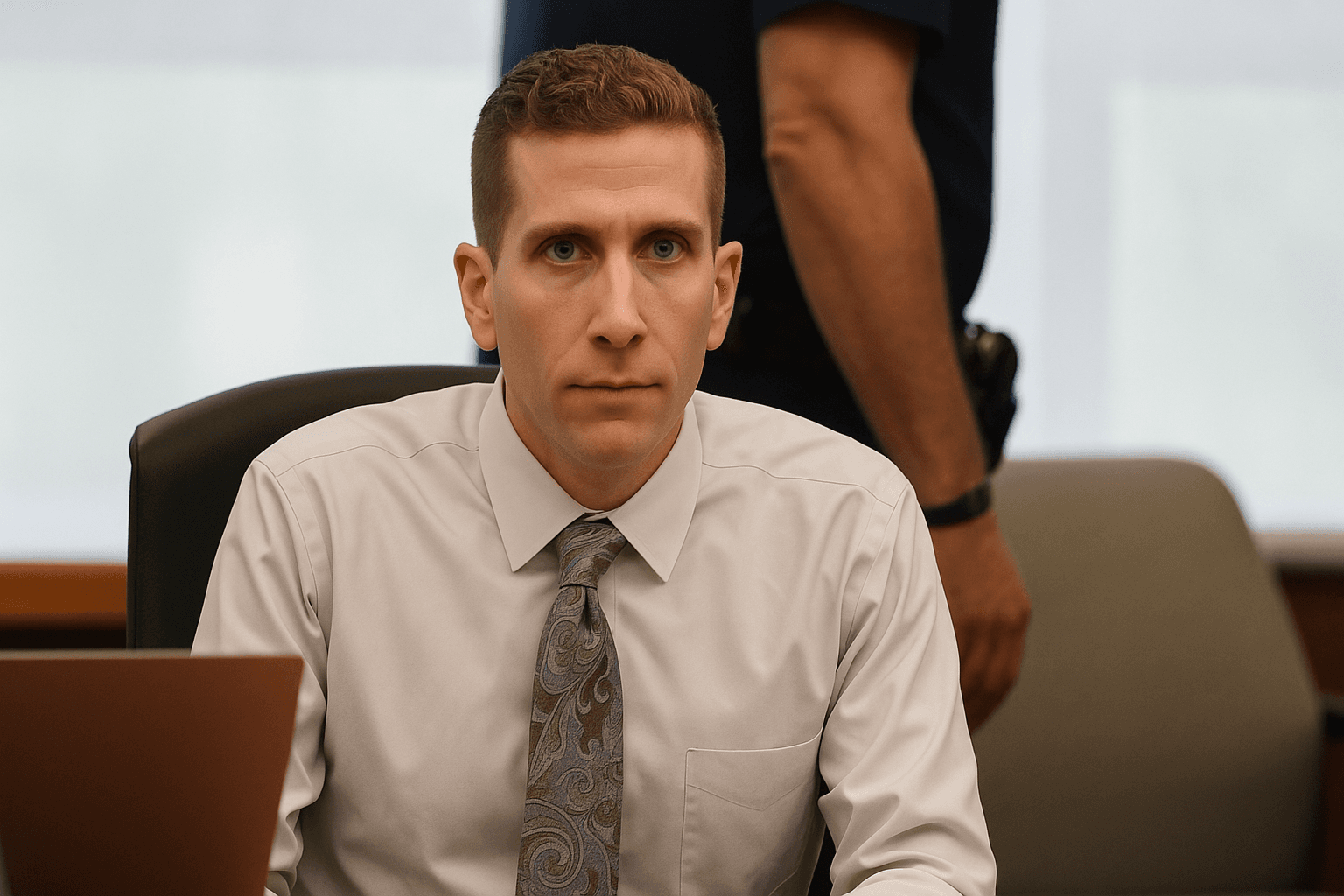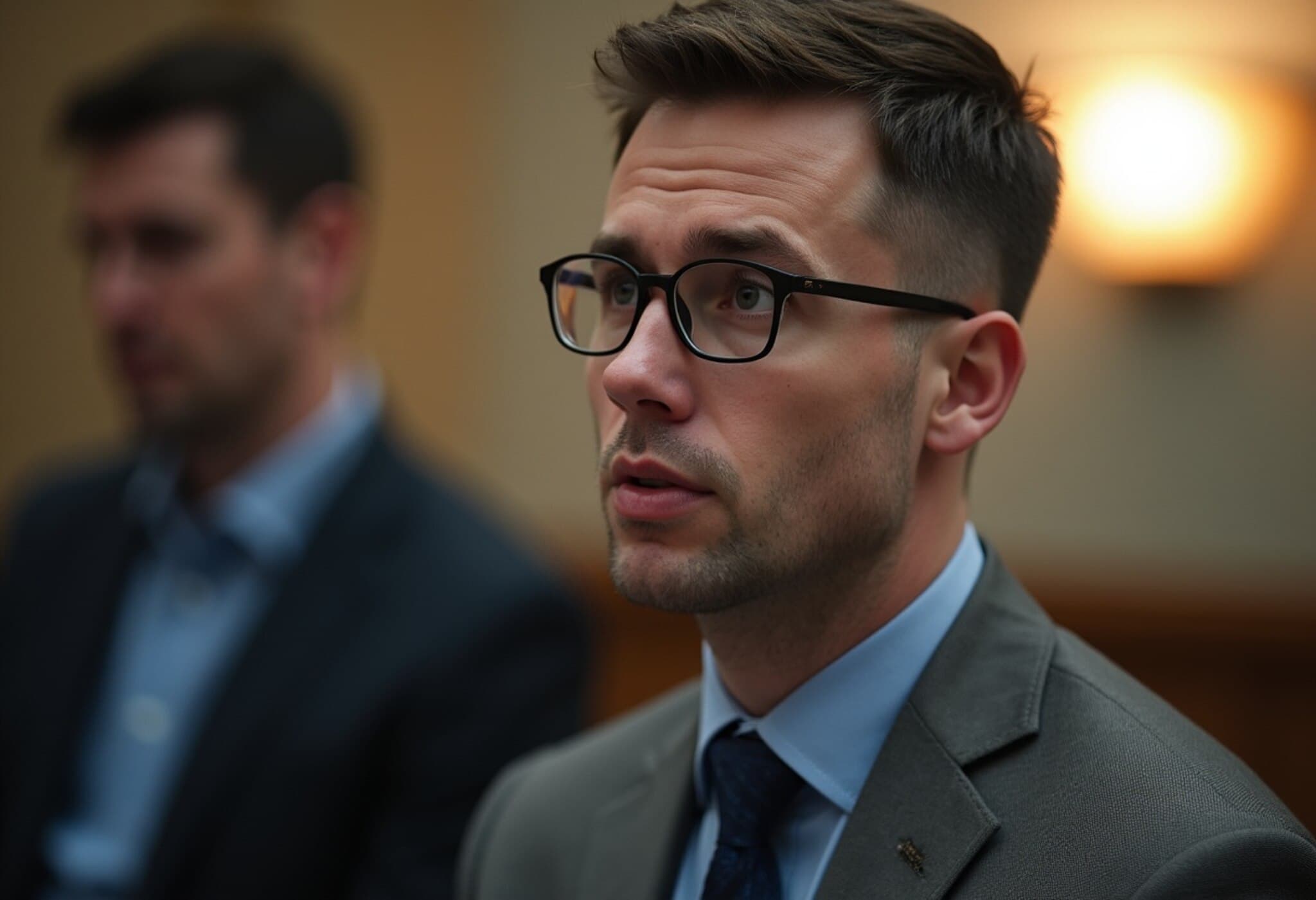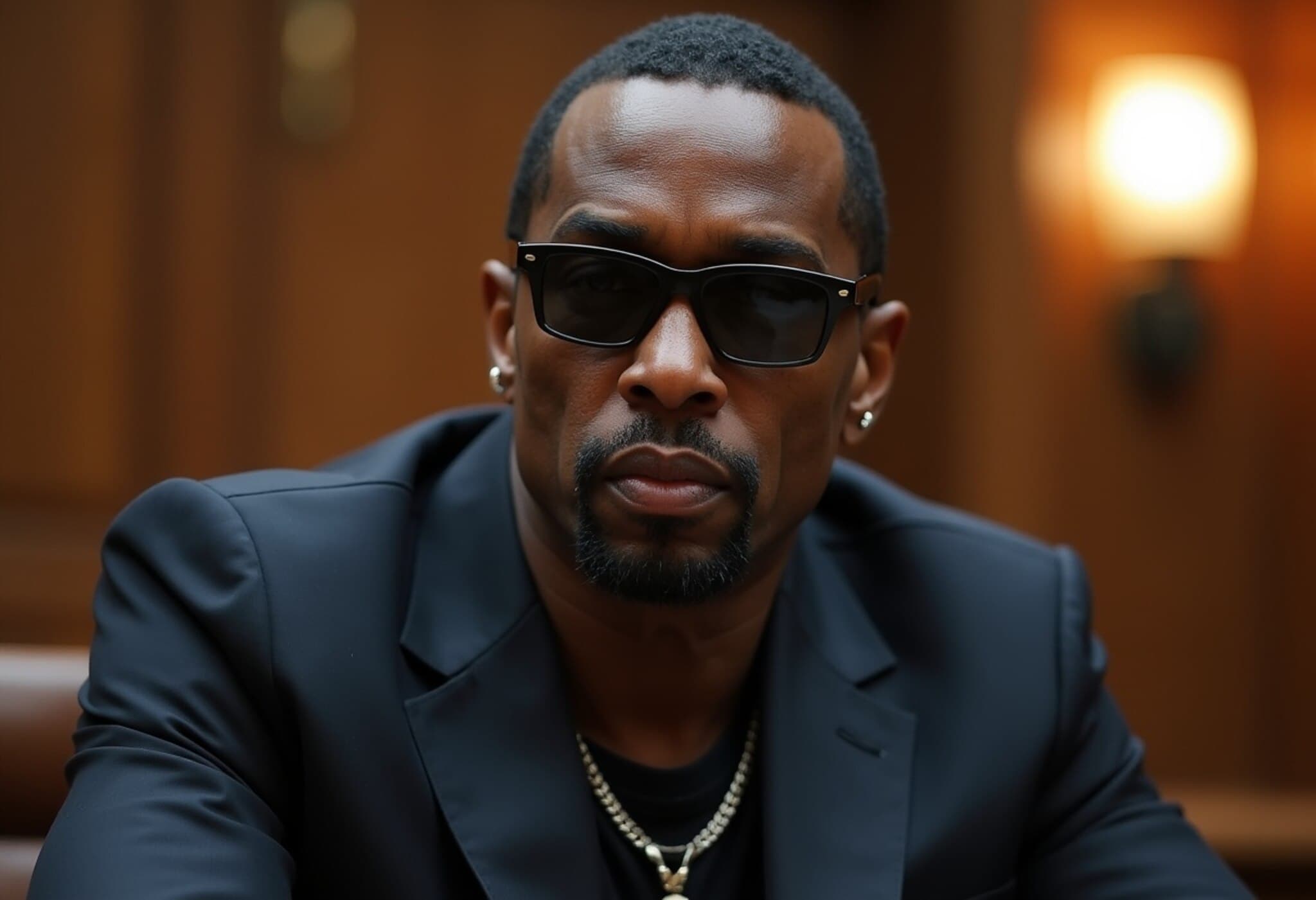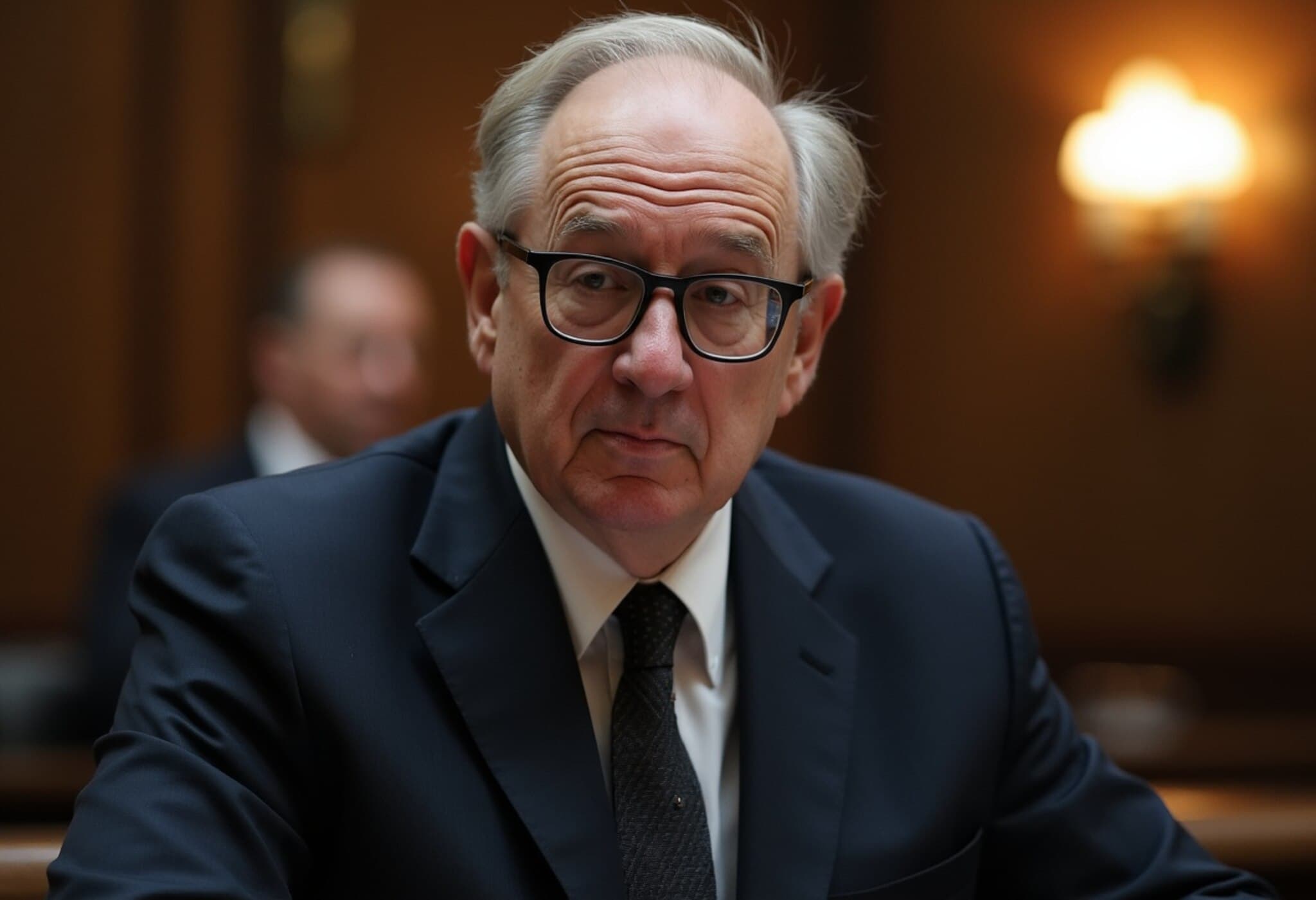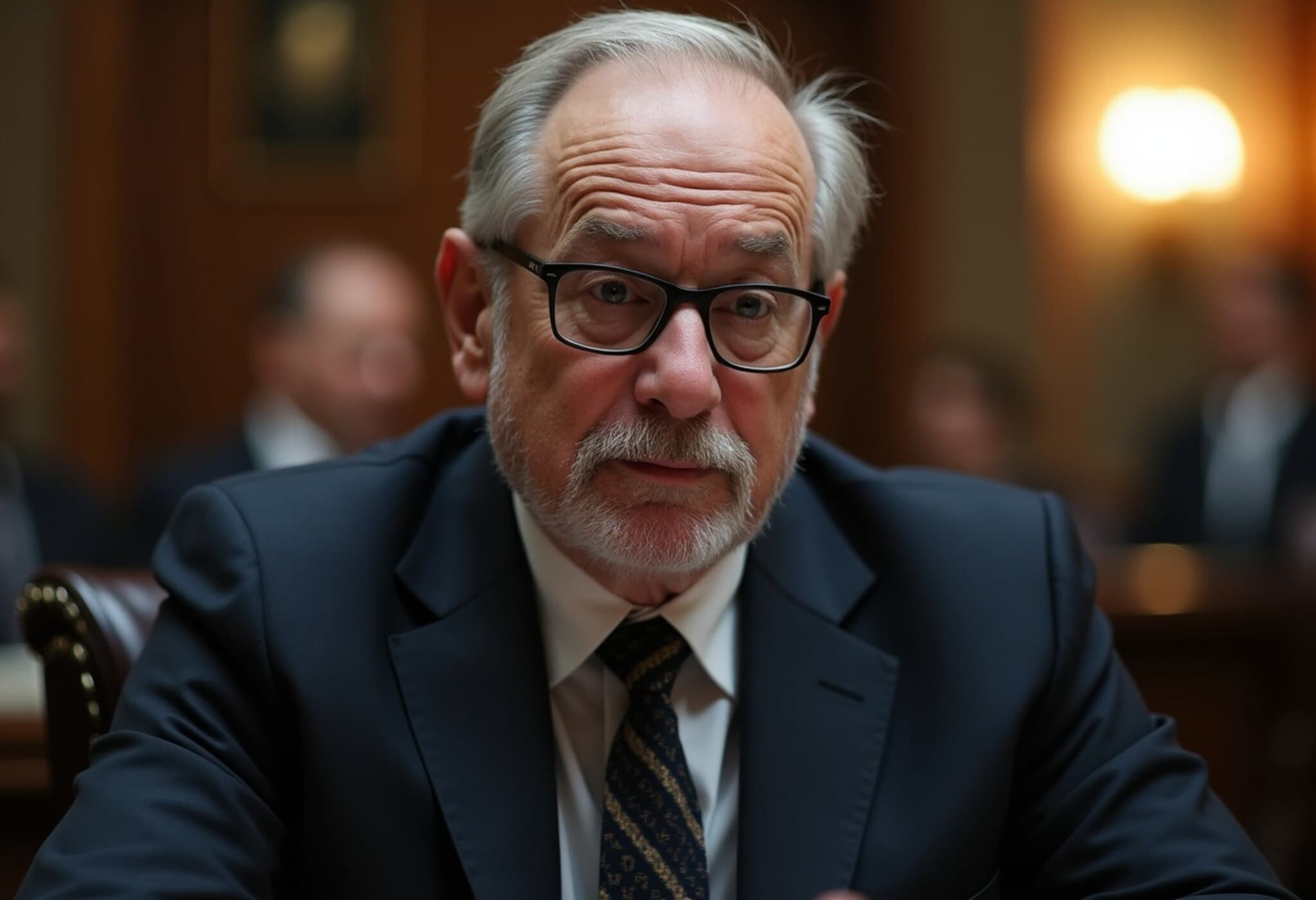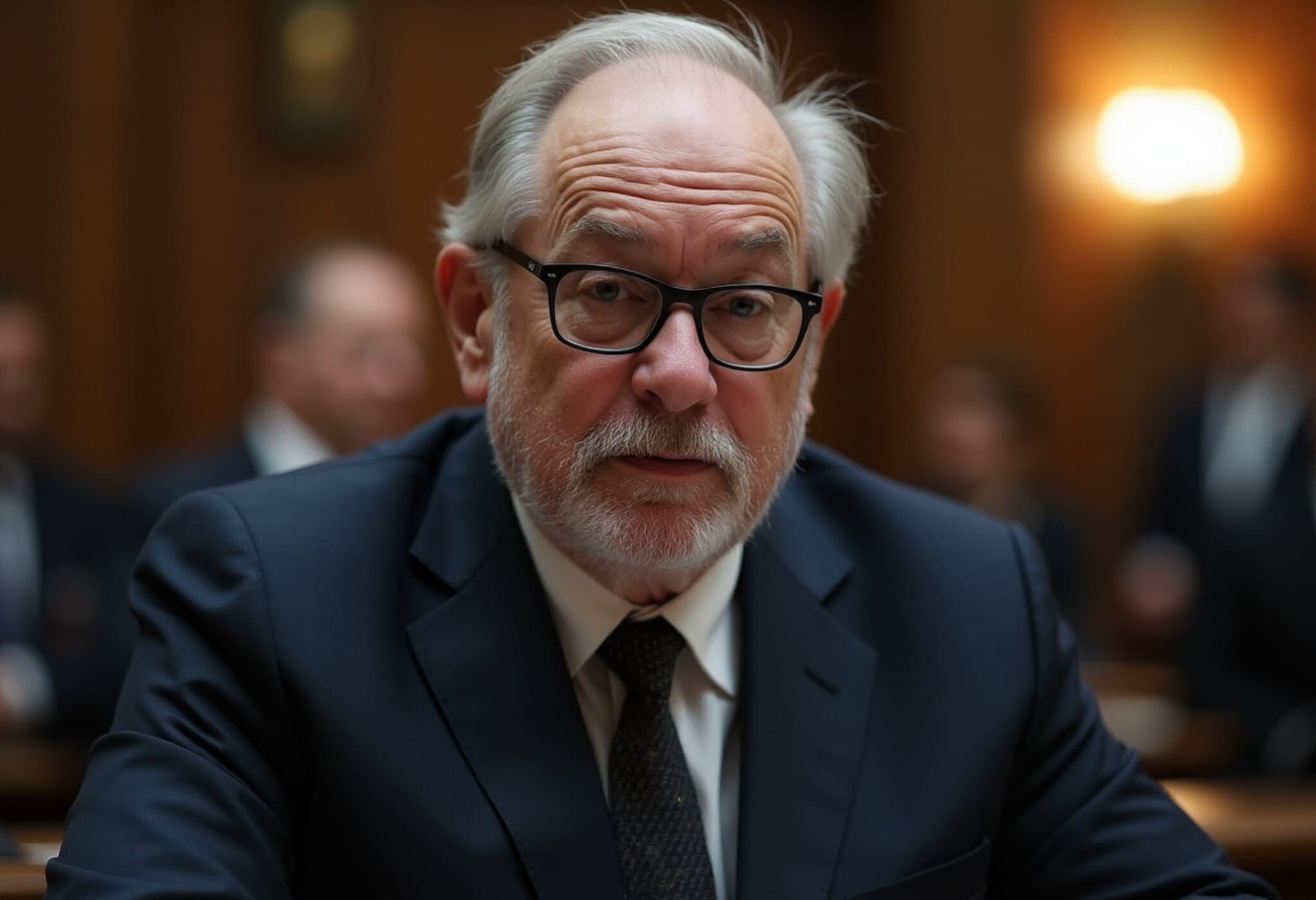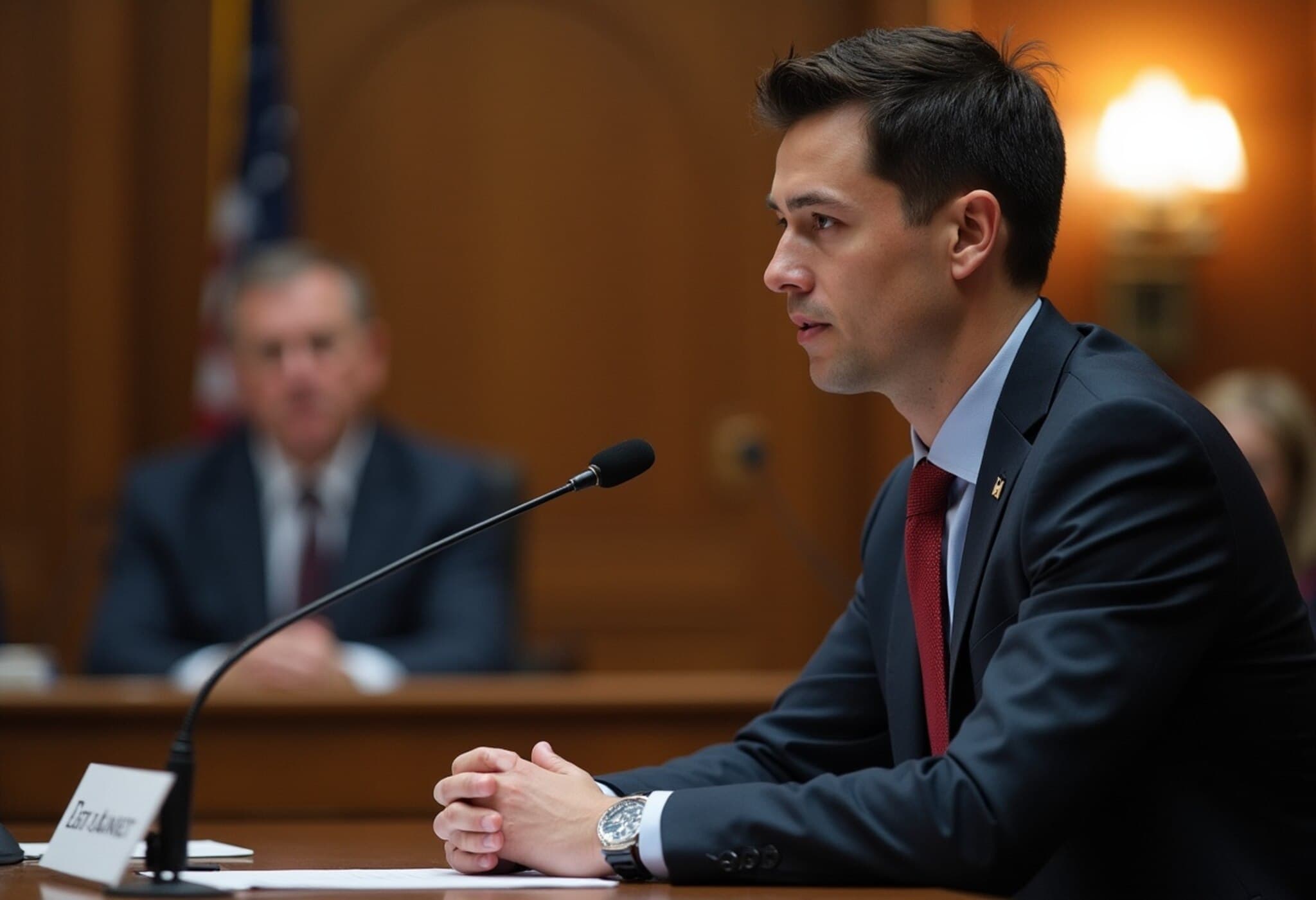Harvey Weinstein Retrial on Sexual Assault Charges Ends in Mistrial
The retrial of Harvey Weinstein, the former film producer accused of multiple sexual crimes, encountered a significant setback when the jury reached a deadlock on a rape charge. The mistrial was declared after the jury foreperson reported feeling threatened by other jurors, leading to the cessation of deliberations on one of the charges.
Jury Deliberations Marred by Conflict and Threats
With tensions escalating in the jury room during their fifth day of deliberations, the foreperson expressed fear for personal safety, stating, "I can’t be inside there" due to perceived threats from fellow jurors. The judge confirmed that deliberations for the criminal sexual act charges had resulted in convictions on one count while resulting in acquittal on another.
Specifically, the jury convicted Weinstein of first-degree criminal sexual act for an assault in 2006 but acquitted him of a separate assault allegation from the same year. The mistrial concerns the third-degree rape charge involving a different accuser, Jessica Mann, for an alleged 2013 incident.
Details from the Jury Foreperson and Courtroom Events
The foreperson testified that a juror had made an intimidating remark: "I would meet you outside one day." This led to the foreperson’s refusal to return to deliberations when asked by the judge. Weinstein was observed applauding the foreperson's decision not to resume the jury discussions.
Judge Curtis Farber acknowledged the gravity of the situation but emphasized disappointment among remaining jurors, who were eager to continue deliberations and puzzled by the foreperson's withdrawal.
Next Steps in the Weinstein Case
Prosecutors have announced their intent to retry the case regarding the rape charge connected to Jessica Mann, with a hearing scheduled for early July. Mann, visibly emotional in court, recounted the incident involving forced sexual acts and the presence of drugs Weinstein allegedly used to induce erectile function.
Weinstein faces multiple charges, including one count of third-degree rape carrying up to four years imprisonment and two counts of first-degree criminal sexual acts, each with potential sentences up to 25 years.
Background on Allegations and Previous Trial Outcomes
Weinstein was initially convicted in 2020 on several sexual assault charges after a high-profile trial that helped galvanize the #MeToo movement. However, that conviction was overturned on appeal due to concerns about prejudicial rulings and inadmissible evidence.
This retrial sought to revisit some of those charges, but jury dynamics and internal conflicts have complicated the process.
Accounts from Accusers Paint a Grim Picture
One accuser, Jessica Mann, recounted meeting Weinstein at a party and later accompanying him to his hotel room where the assault allegedly occurred. She described his use of an erectile dysfunction drug and unwanted sexual acts, contributing to the prosecution's case.
Implications and Broader Context
This development represents both a procedural challenge for the legal system handling high-profile sex crime cases and a sign of ongoing struggles within the jury process when handling emotionally charged trials.
Despite the mistrial, the commitment by prosecutors to pursue justice remains firm, reflecting broader societal emphasis on accountability in cases of sexual violence, especially involving prominent figures.
What’s Next for the Case?
- Retrial scheduled for the July hearing concerning the unresolved rape charge.
- Continued attention on courtroom conduct and jury management to prevent intimidation.
- Ongoing support and recognition for survivors willing to testify amid difficult circumstances.

